-
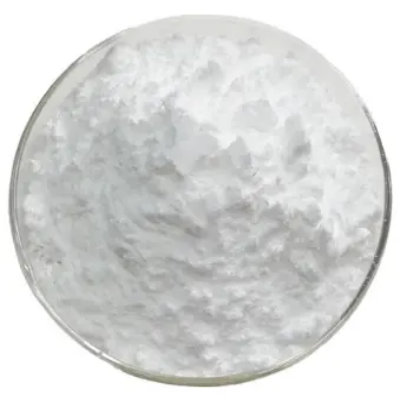
Trehalose CAS:99-20-7
Trehalose is a naturally occurring disaccharide found in numerous organisms, including bacteria, fungi, plants, and invertebrates. This non-reducing sugar has gained attention for its exceptional ability to protect biological structures from desiccation, heat, and other stressors. Trehalose is commonly used in various industries, including food, pharmaceuticals, and cosmetics, where its unique properties contribute to enhanced stability, preservation, and protection of sensitive substances.
-
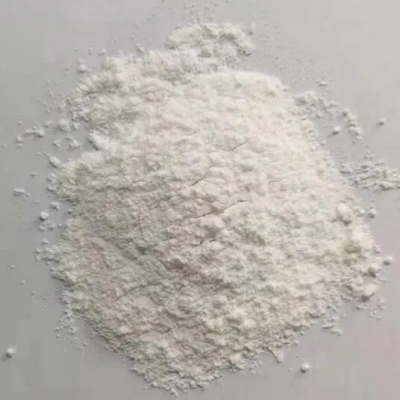
α-Arbutin CAS:84380-01-8
α-Arbutin is a naturally occurring compound derived from various plant sources, such as bearberry, cranberries, and blueberries. It is a skin-brightening agent known for its ability to inhibit melanin production, making it a popular ingredient in skincare products targeting hyperpigmentation, dark spots, and uneven skin tone. α-Arbutin is considered a safer alternative to hydroquinone, often used in formulations to promote a more luminous and even complexion.
-
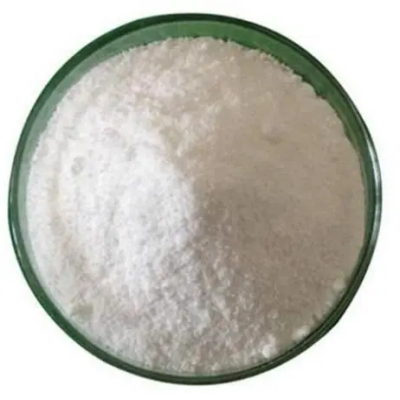
Ubidecarenone CAS:303-98-0
Ubidecarenone, also known as Coenzyme Q10 or CoQ10, is a powerful antioxidant naturally produced by the body and found in every cell. It plays a vital role in cellular energy production and serves as a potent defense against oxidative stress. Ubidecarenone has gained popularity in various health and skincare products due to its anti-aging properties and ability to support overall skin health.
-
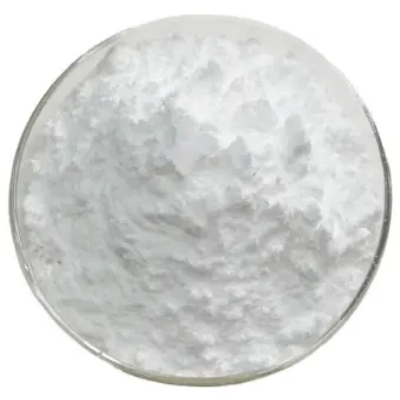
β-arbutin CAS:497-76-7
β-arbutin is a naturally occurring compound found in various plant species, including bearberry, blueberries, and cranberries. It is renowned for its skin-brightening properties and its ability to inhibit melanin production, making it a sought-after ingredient in skincare formulations targeting hyperpigmentation and uneven skin tone. As a gentler alternative to hydroquinone, β-arbutin has gained popularity for its effectiveness in promoting a more uniform and radiant complexion.
-
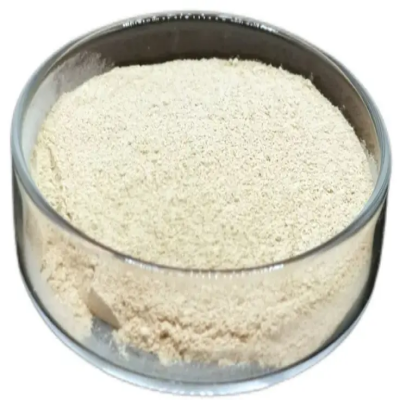
Sodium salicylate CAS:54-21-7
Sodium salicylate is a sodium salt of salicylic acid, known for its anti-inflammatory and pain-relieving properties. This compound is commonly used in various topical preparations, including skincare products and medications, to treat conditions such as acne, psoriasis, and minor skin irritations. Sodium salicylate works by exfoliating the skin, reducing inflammation, and helping to unclog pores, making it a popular ingredient in formulations targeting skin concerns.
-
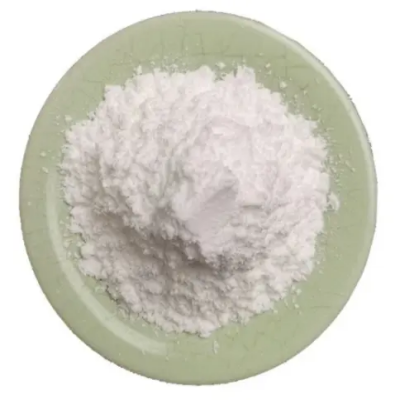
Acetic hydrazide CAS:1068-57-1
Acetic hydrazide, also known as acetyl hydrazine, is an organic compound used in various industrial applications, particularly as a chemical intermediate and in the manufacturing of pharmaceuticals. It serves as a building block for the synthesis of other compounds and finds utility in diverse chemical processes due to its reactivity and functional properties.
-
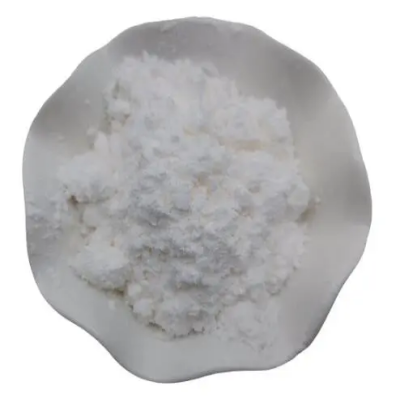
Amikacin base CAS:37517-28-5
Amikacin base is a potent broad-spectrum antibiotic belonging to the aminoglycoside class. It is commonly used to treat severe bacterial infections, particularly those caused by Gram-negative bacteria resistant to other antibiotics. Amikacin base exhibits bactericidal activity by inhibiting protein synthesis in susceptible pathogens, making it a valuable medication for combating serious infections.
-

Brassinolide CAS:72962-43-7
Brassinolide is a naturally occurring plant hormone classified as a brassinosteroid. It plays a crucial role in regulating various physiological processes in plants, including growth, development, and stress responses. Due to its potent bioactivity, brassinolide has garnered attention in agricultural applications, where it is used to enhance crop productivity, improve stress tolerance, and stimulate plant growth.
-
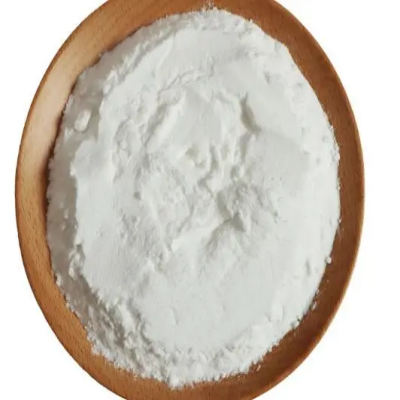
Alexidine dihydrochloride CAS:22573-93-9
Alexidine dihydrochloride is a broad-spectrum antimicrobial agent belonging to the bisbiguanide class of chemicals. It is widely utilized in healthcare, personal care products, and industrial settings for its potent antibacterial and antifungal properties. Alexidine dihydrochloride plays a crucial role in controlling microbial contamination and promoting product preservation.
-
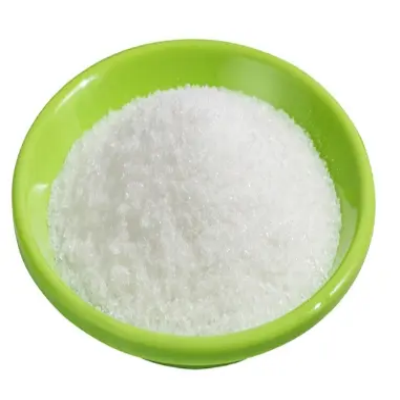
Amikacin sulfate CAS:39831-55-5
Amikacin sulfate is a potent antibiotic belonging to the aminoglycoside class, commonly used in the treatment of severe bacterial infections. It exhibits broad-spectrum activity against Gram-negative bacteria and is particularly effective against multidrug-resistant strains. Amikacin sulfate works by inhibiting protein synthesis in susceptible bacteria, making it a crucial medication for combating serious infections where other antibiotics may be ineffective.
-
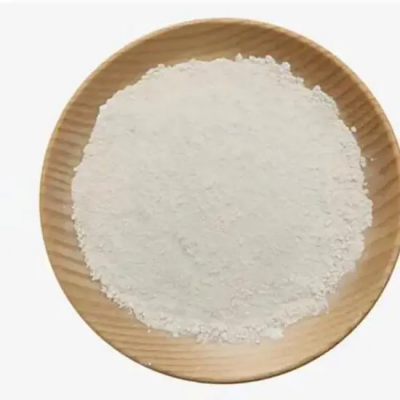
Amphotericin B – Injection grade CAS:1397-89-3
Amphotericin B, in injection grade, is a potent antifungal medication used to treat severe systemic fungal infections. It belongs to the polyene class of antifungals and is known for its broad spectrum of activity against various fungi, including life-threatening pathogens. Amphotericin B injection plays a critical role in the management of invasive fungal infections where other antifungal agents may be ineffective.
-
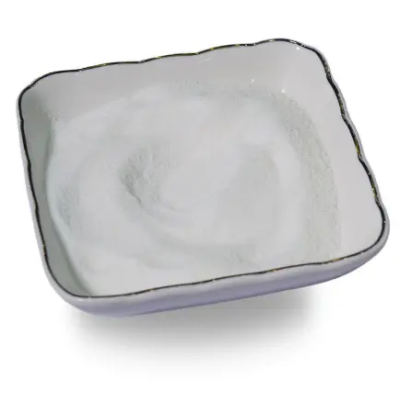
Amoxicillin trihydrate CAS:61336-70-7
Amoxicillin trihydrate is a widely used and effective broad-spectrum antibiotic belonging to the penicillin class. It is a hydrate salt form of amoxicillin that is commonly prescribed for treating bacterial infections, such as respiratory tract infections, urinary tract infections, and skin infections. Amoxicillin trihydrate inhibits bacterial cell wall synthesis, making it a valuable medication for combating a wide range of common bacterial illnesses.

